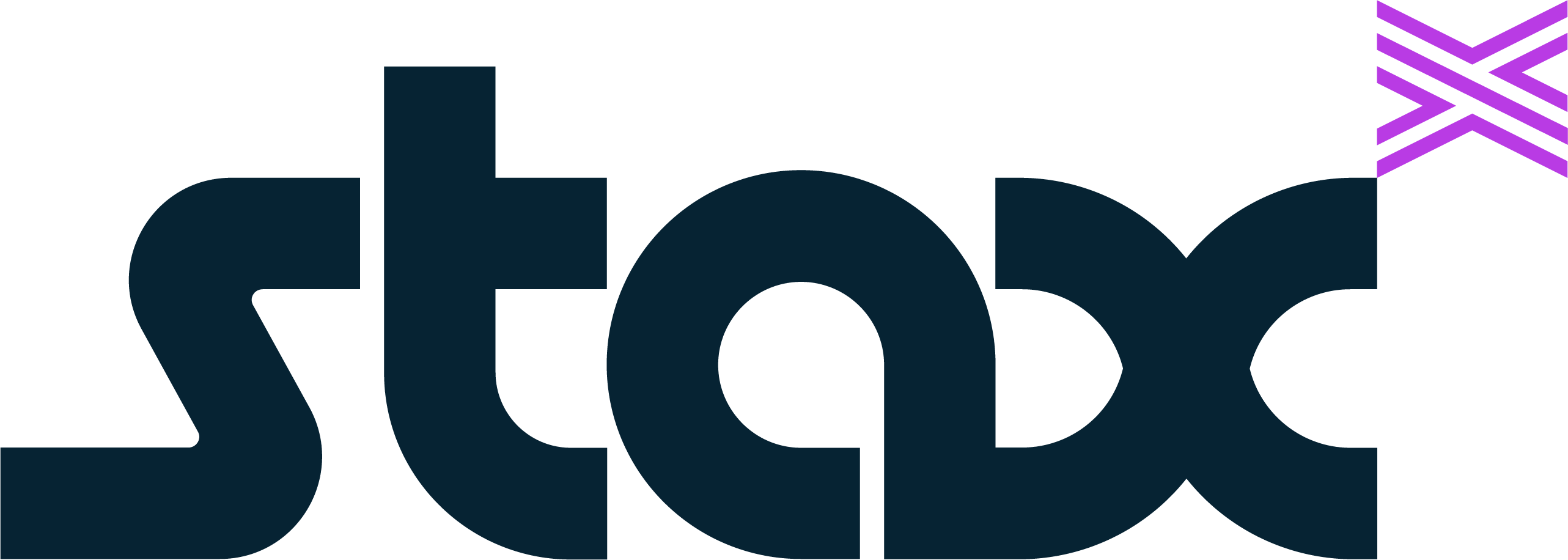1. Merchant One
RATES
0.29-1.99%
^Limit of one (1) free terminal per new merchant account. Merchant must open a new merchant account with Merchant One. Monthly minimum required. Ask your sales representative for further details.
^Limit of one (1) free terminal per new merchant account. Merchant must open a new merchant account with Merchant One. Monthly minimum required. Ask your sales representative for further details.

2. Clover
RATES
Call for rates
when you buy Station, Mini or Flex
**Save up to $1,000 on your next Clover purchase. Get $500 in statement credit with purchase of a Clover Flex or Mini, and up to $1,000 on Stations. To be eligible, merchant must: (1) apply for the account through the online Clover website shopping experience, (2) purchase a Clover Hardware or Software Subscription, (3) be credit approved no later than 1/30/25, (4) activate account by submitting a batch of $25 or more in sales within 30 calendar days from approval date and (5) Processing $10,000 or greater in card transactions within the first four billing cycles. Promotion available for new Clover Business Solutions merchants who have not previously had a Clover account or processed with First Data Merchant Solutions LLC. Offer expires 12/31/24.

3. Worldpay
RATES
Call for Rates

4. Stax
RATES
0% + 8-15¢

5. Sekure
RATES
Call for custom rates

Popular Pick:

†$500 Gift Card
from Merchant One if they cannot beat
your current rate

†Merchant must submit a completed merchant application with competing offer and or a complete processing statement from within 30 days to qualify. Merchant processing statement must detail out interchange and passthrough fees or additional reporting might be asked for. Offer can be withdrawn at any time. Please ask your sales rep for more details.

†Merchant must submit a completed merchant application with competing offer and or a complete processing statement from within 30 days to qualify. Merchant processing statement must detail out interchange and passthrough fees or additional reporting might be asked for. Offer can be withdrawn at any time. Please ask your sales rep for more details.
Retail Rates
3.5% + $0.15
Retail Rates
2.9% + $0.30
Retail Rates
1.99% + $0.15
(reported)
Retail Rates
1.55% - 2.7%
Retail Rates
Interchange $0.20 + 2.7%
































